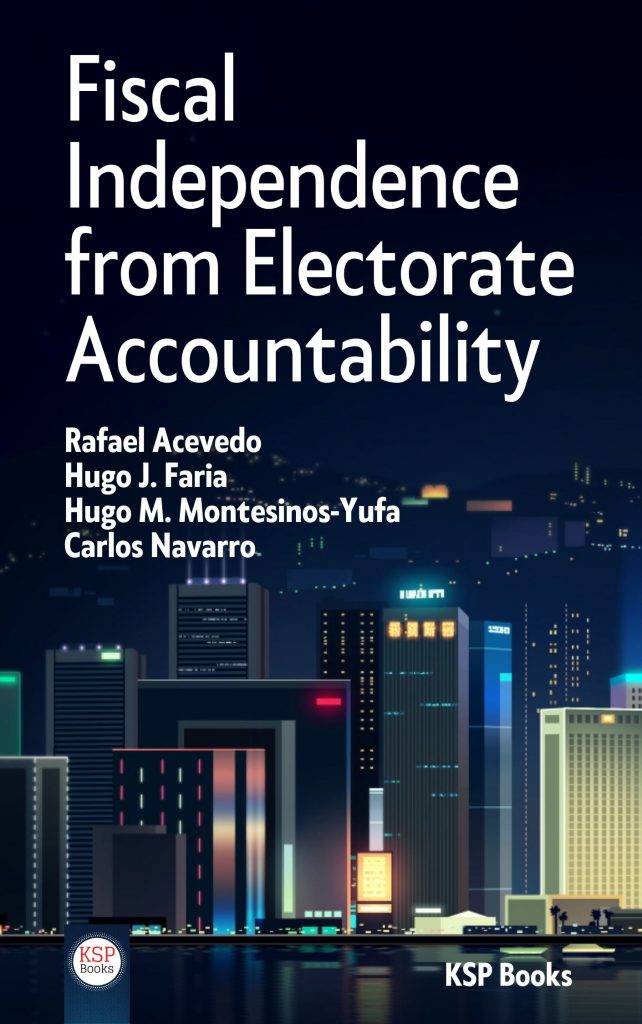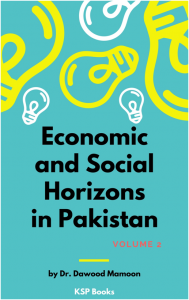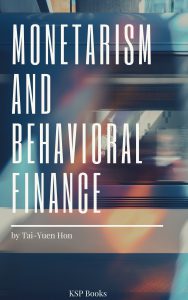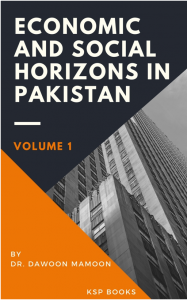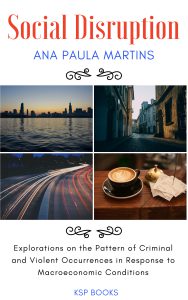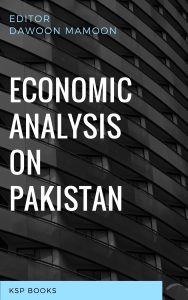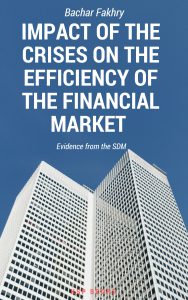Synopsis
This book is based on an intuitive idea: National governors tend toward rapacity if not checked. In order not to be dominated and despoiled, the people—or the electorate—must have some way of making governors accountable for their spending. Honest elections are the most basic means of exerting such accountability, but they are not the only way. When governors are not fiscally accountable, we say they are “fiscally independent.”
Inspired by historical divergent political-economic paths in England, France, Portugal, and Spain, we examine the modern conditionally estimated effects of government being fiscally independent. This study documents that higher levels of fiscal independence are associated with detrimental effects on the quality of democracy, the rule of law, judicial independence, freedom of speech, clean elections, and other desirable outcomes. Fiscal independence is detrimental to human well-being. Fiscal independence is also associated with greater state ownership of productive assets and dictatorship.
Our proxy for fiscal independence is a novel and sturdy conditional determinant of political development. Finally, years of education are also conditionally determined by fiscal independence.
Contents
About Author
ISBN
978-625-8190-54-0
Date of Publication
December 25, 2022
File Size: 2804 KB
Length: xi + 75 pages
This work is licensed under a Creative Commons Attribution 4.0 International License.
